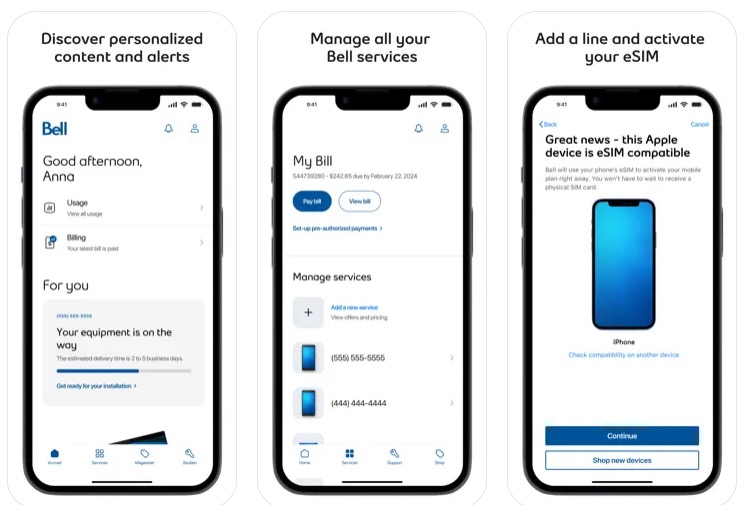
Bell CEO Warns Escalating Telecom Rules May Throttle Investment
Mirko Bibic, President and CEO of Bell Canada, raised concerns yesterday that the uptick in regulation within Canada’s telecommunications sector could result in companies downsizing their investments and reducing services to underprivileged communities.
Bibic criticized both the federal government and the Canadian Radio-television and Telecommunications Commission (CRTC) for leaning “towards more micromanagement of Canada’s telecom industry” at a luncheon hosted by Canadian Club Toronto.
According to The Financial Post, Bibic challenged the justifications for some investments, especially when larger corporations are compelled to offer smaller competitors access to their privately constructed networks at significantly reduced rates. “Our industry is quite highly regulated and we appear to be moving rapidly towards even more intervention,” he warned. Such overregulation, he added, “generates market uncertainty.”
Bibic took exception to the regulator’s mandate requiring big players to provide access to their newly constructed networks at prescribed rates. “That’s not how a competitive market should be regulated,” he stated, asserting that such practices undermine the quality and resilience of the networks consumers rely on.
This comes after the CRTC announced earlier this year that it would reduce some wholesale internet rates by 10% and consider whether big companies should grant smaller competitors access to their fibre-to-the-home networks. The regulator said that this measure is aimed at improving internet speeds and fostering competition.
The directives for these changes originated from the federal Industry Minister, Francois-Philippe Champagne, who directed the CRTC to implement new rules for improving consumer rights, affordability, competition, and universal access. These included an imperative for improved wholesale internet rates.
Bibic further dismissed the “prevailing but false narrative” about the competitiveness of Canada’s telecom industry and pricing of cellphone and internet services. Wall Communications Inc., in a February report, found that Canada still had among the highest international prices for cellphone and broadband service in 2022.
However, Bibic asserted that wireless prices in Canada have declined by eight percent over the past two years and almost 25 percent since January 2020, despite rising inflation. He also argued that comparing global pricing doesn’t reflect the actual purchases consumers make today.
“We’ve all been in the U.S. right? The service is terrible. So there is a quality dimension to it,” Bibic emphasized to the audience, stressing the quality difference with other markets.
While Bell can spread as many warnings as it wants, the bottom line is a Canada-US roaming plan costs $105/month from Bell, but $50 from Videotron’s Freedom Mobile right now. Maybe the company can match Freedom’s pricing on the Bell 5G network (and not just Virgin Plus)?


